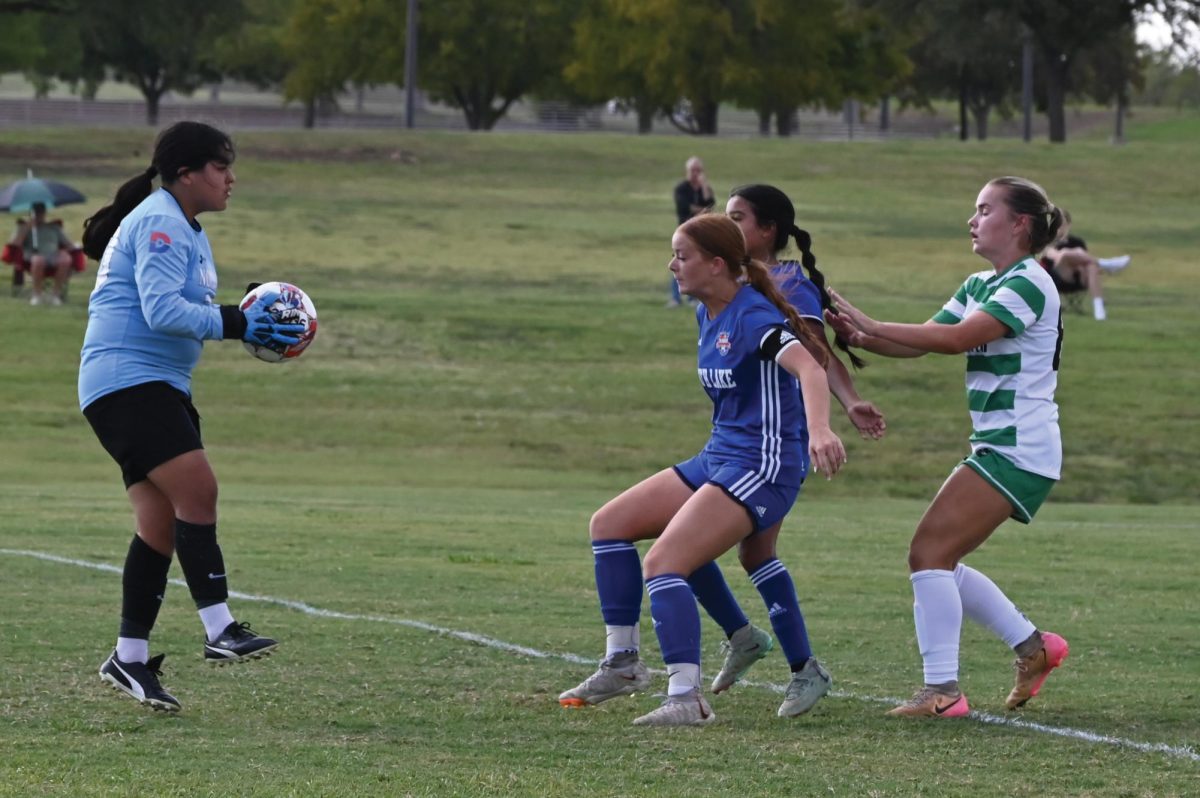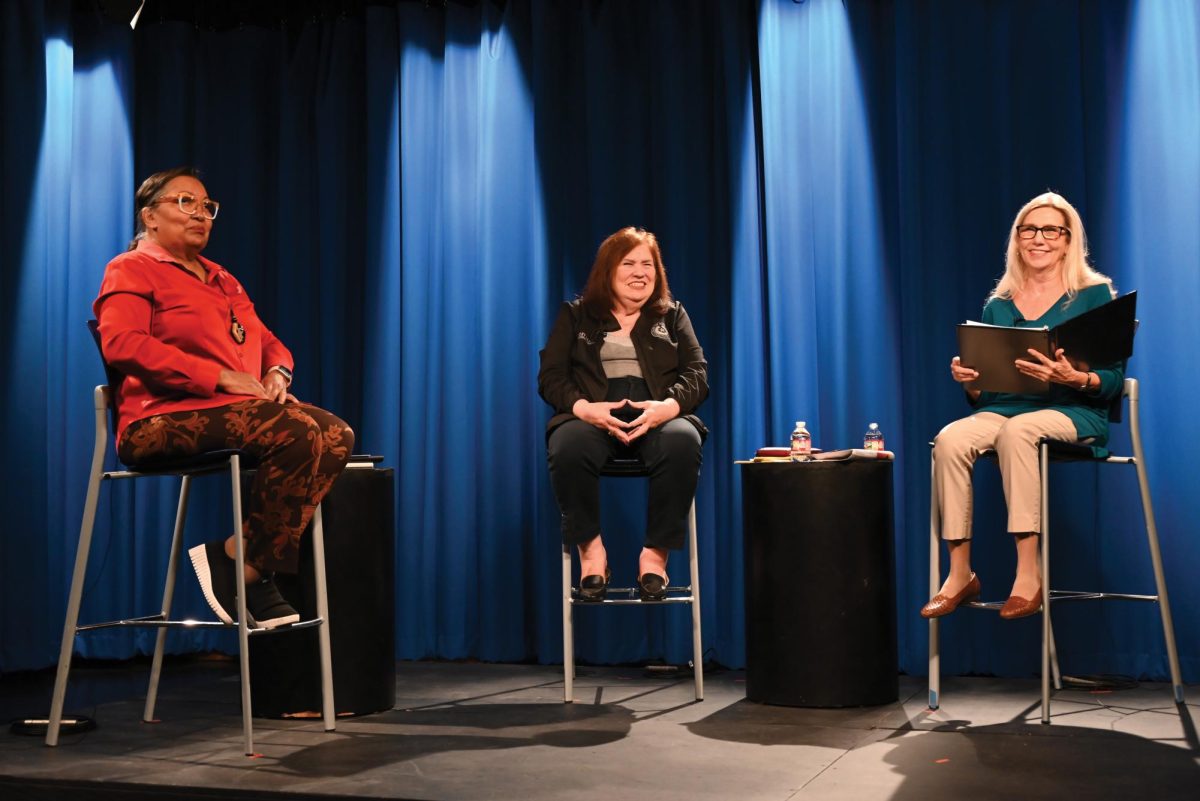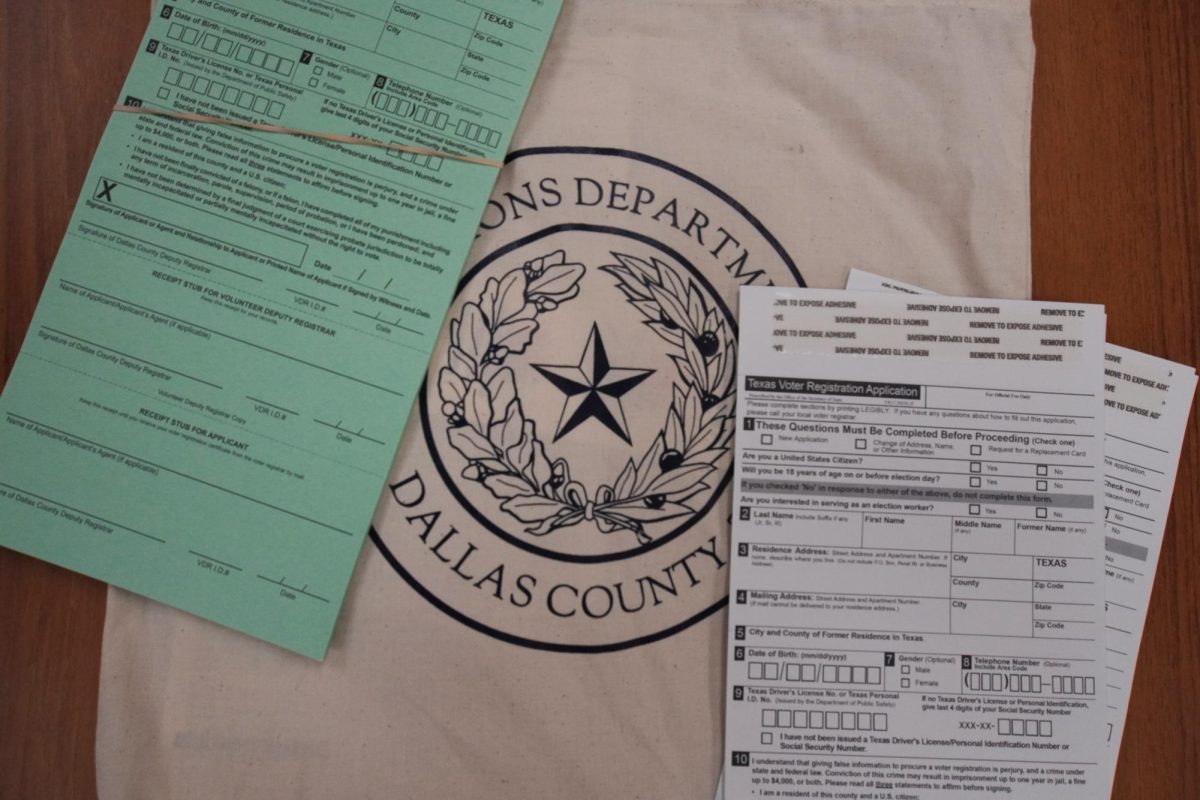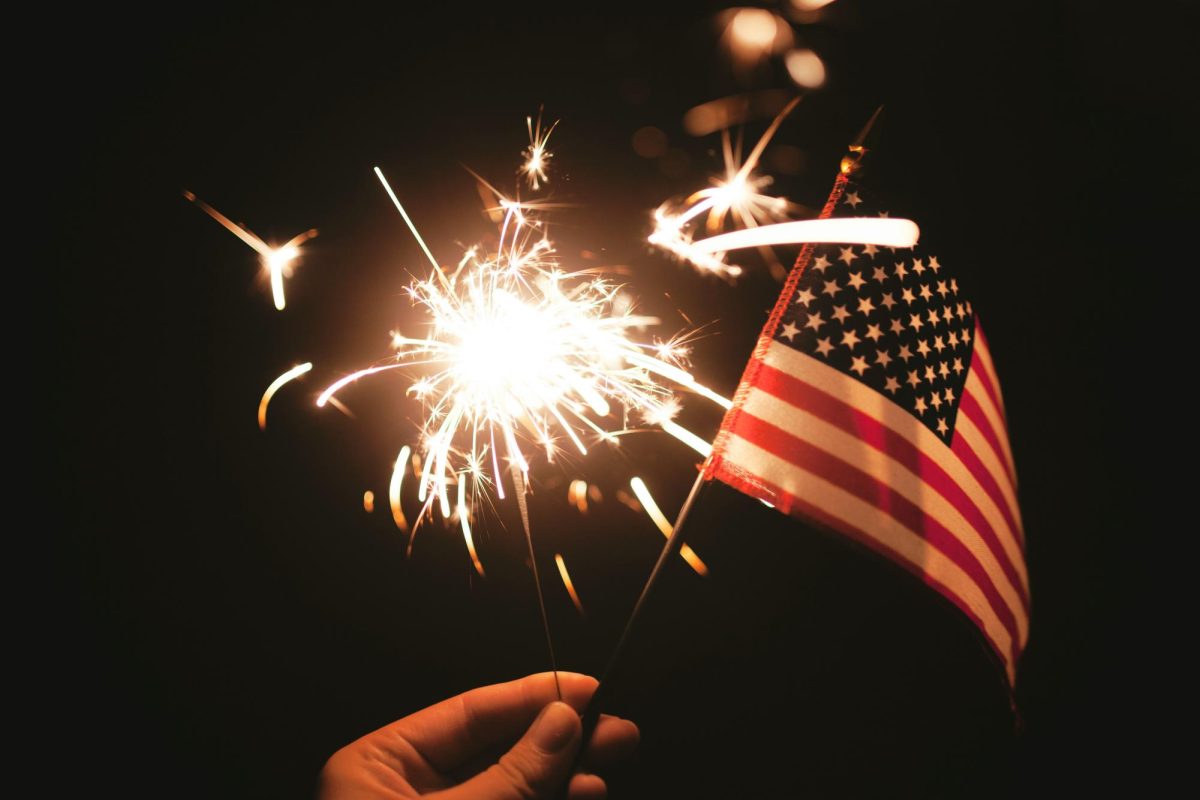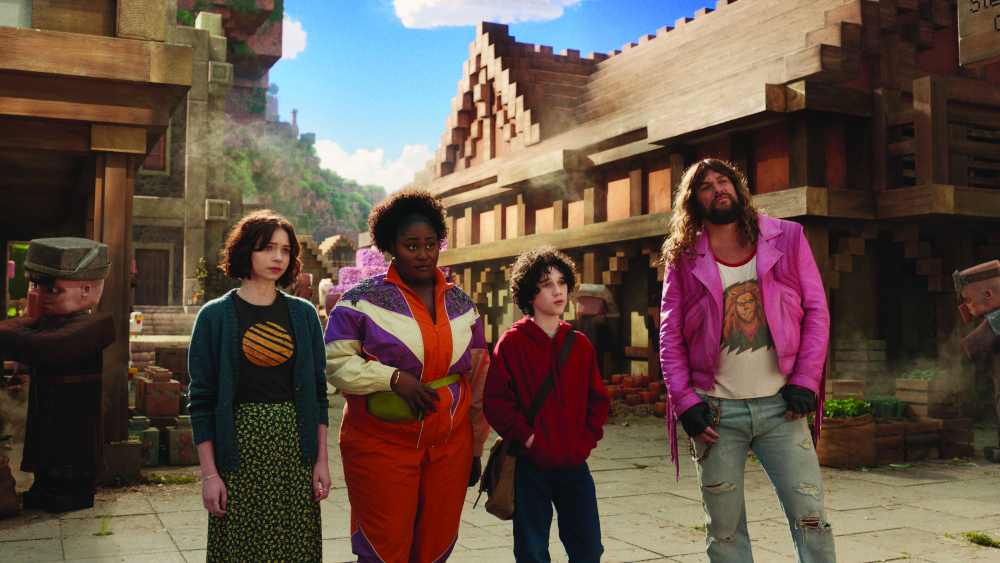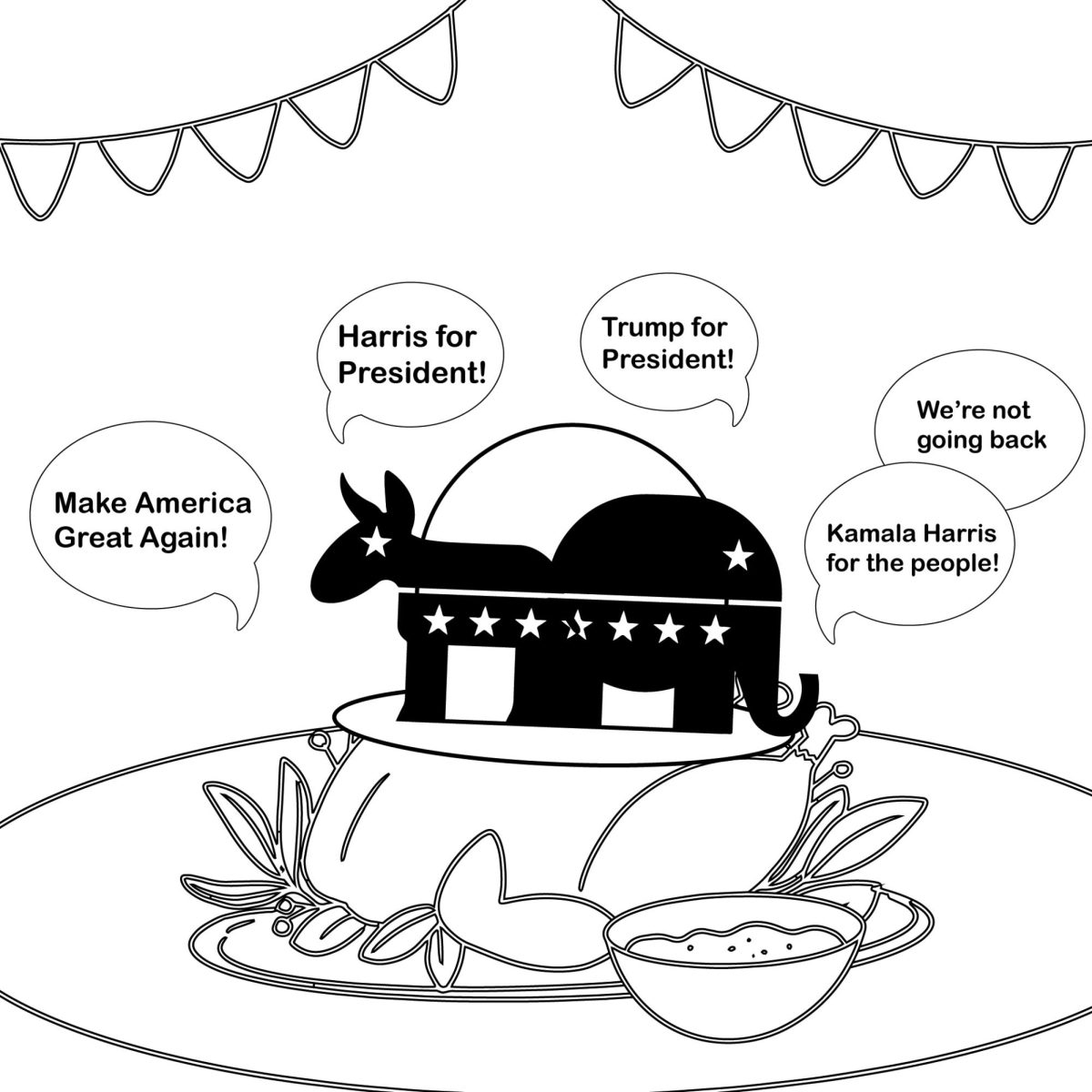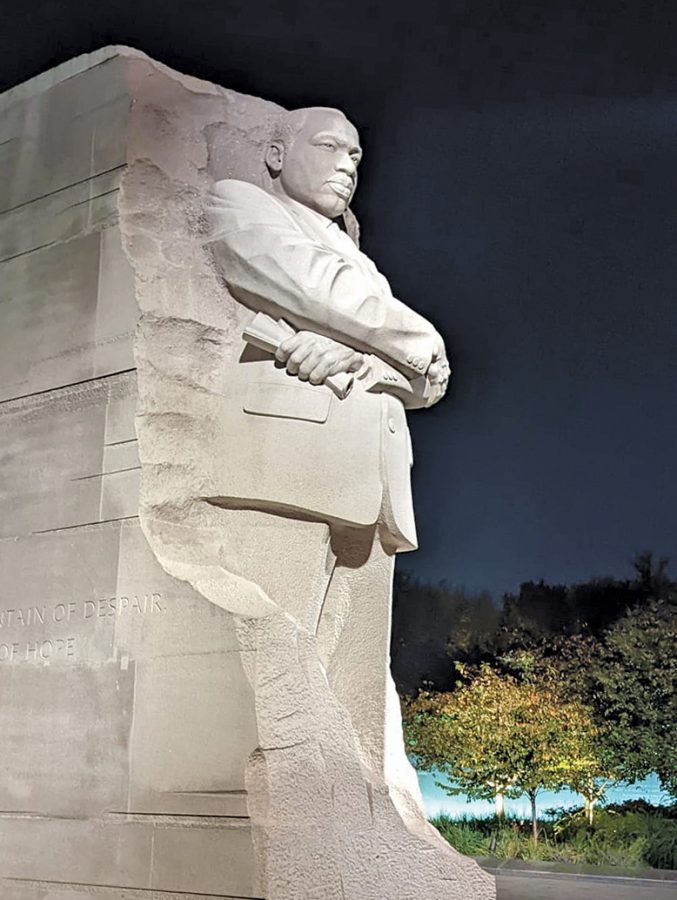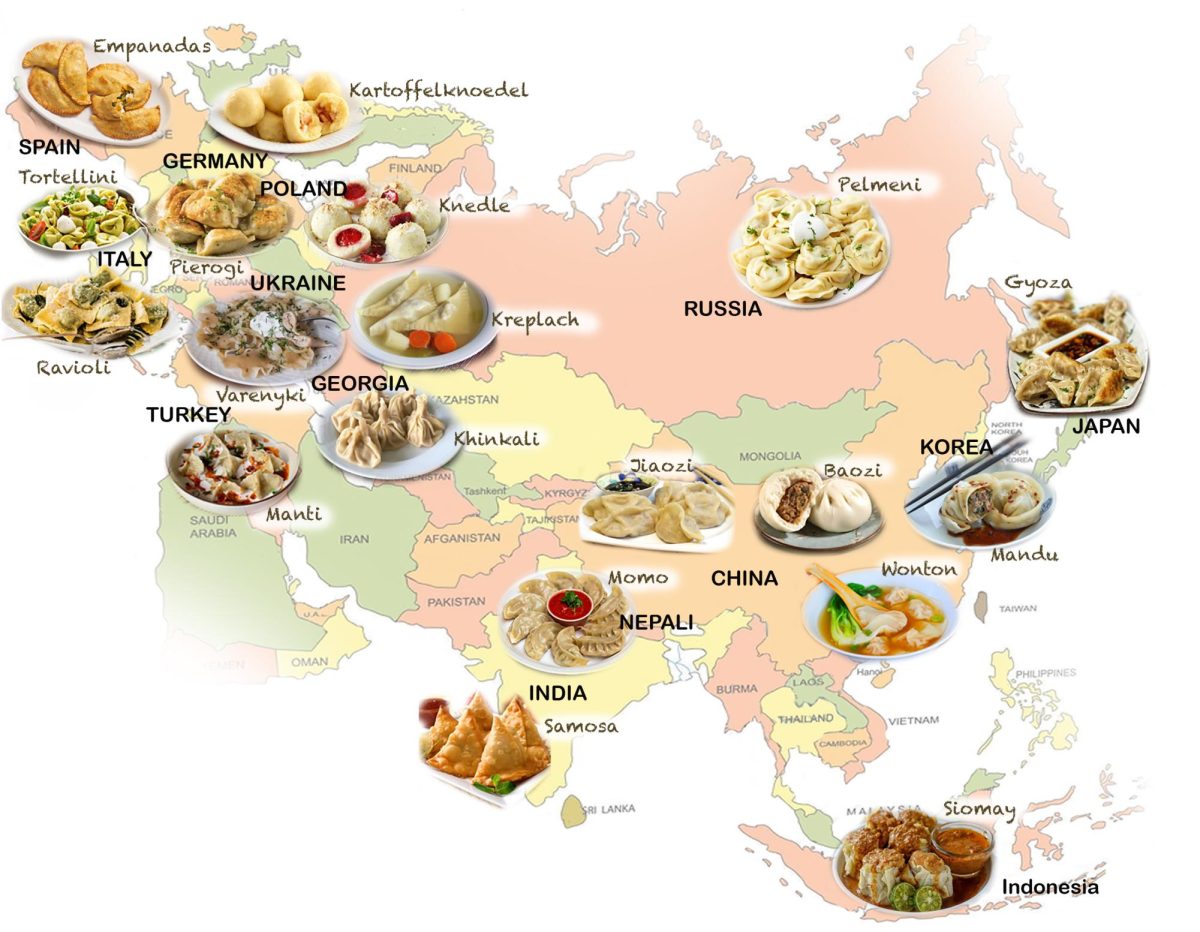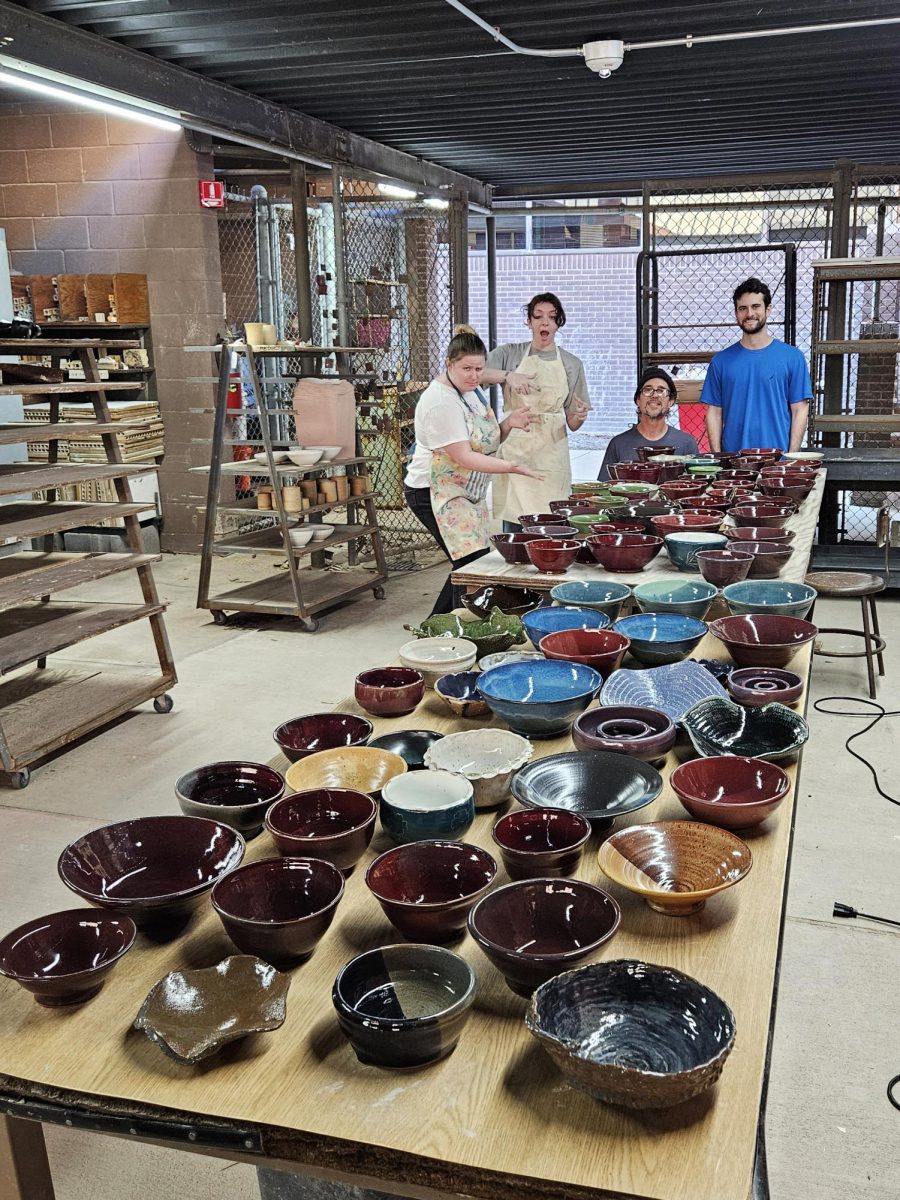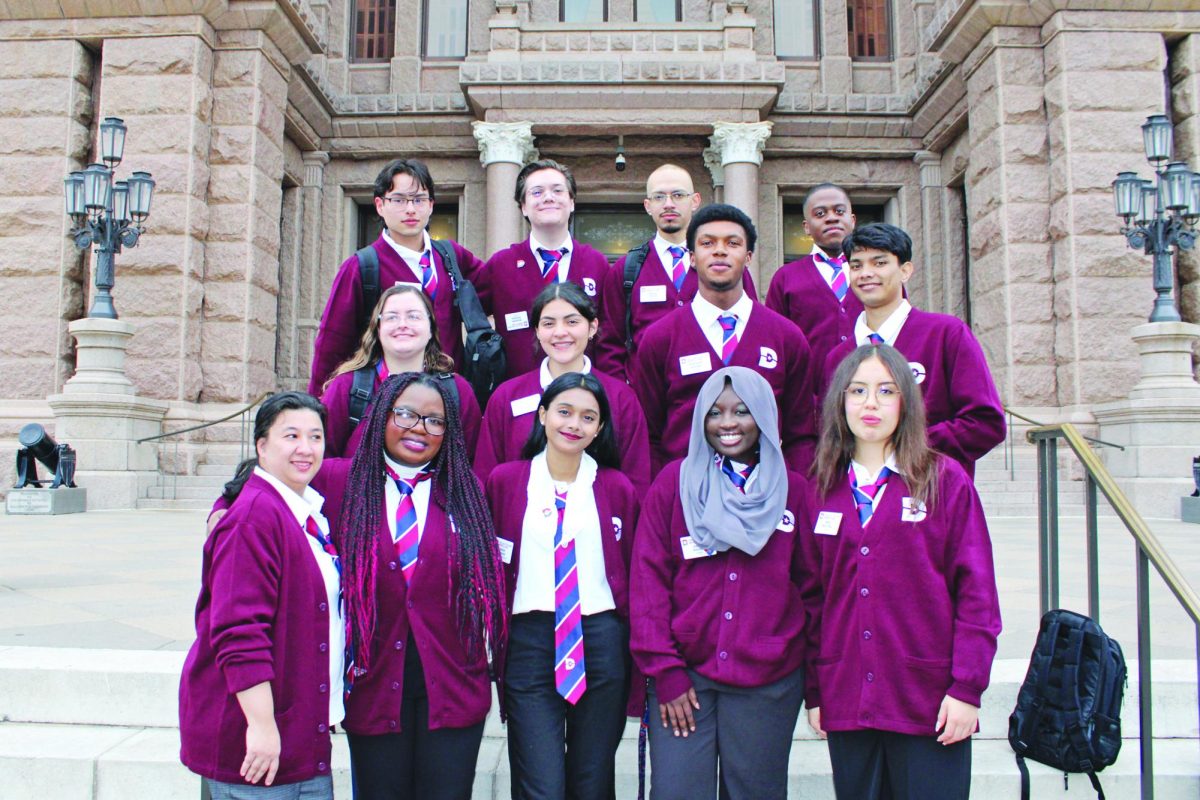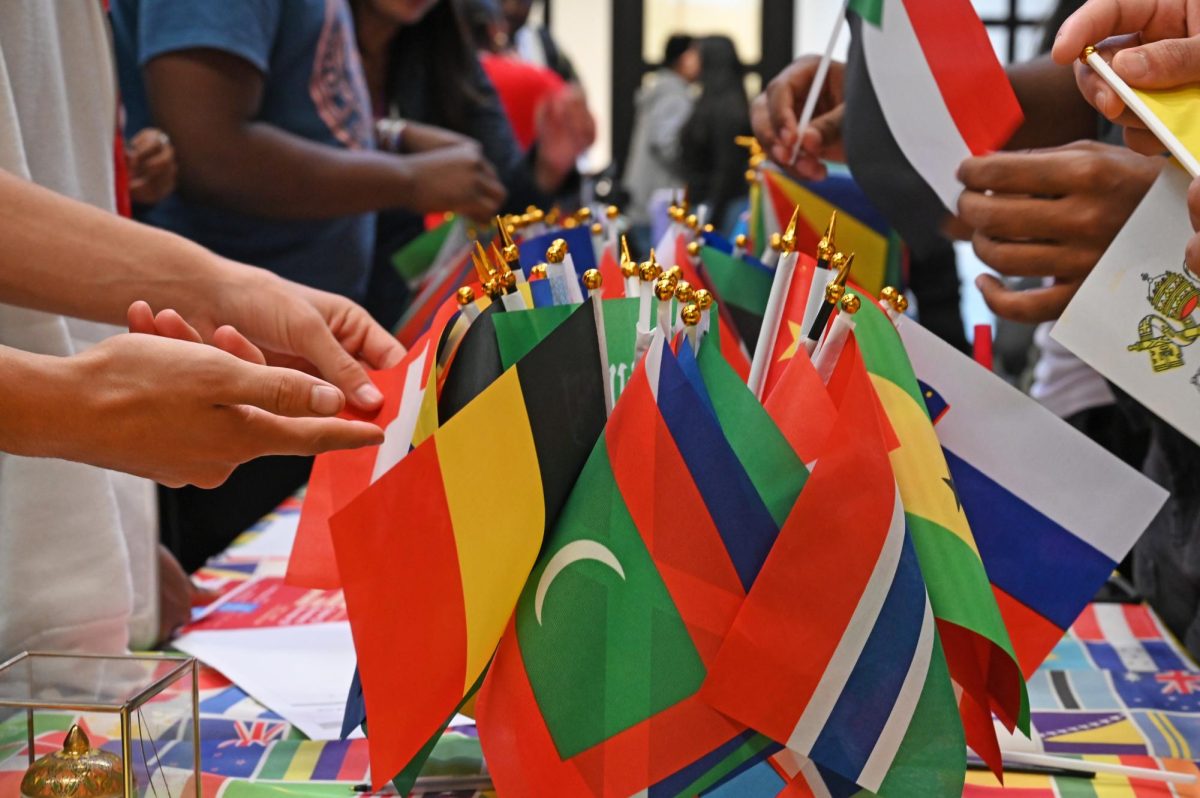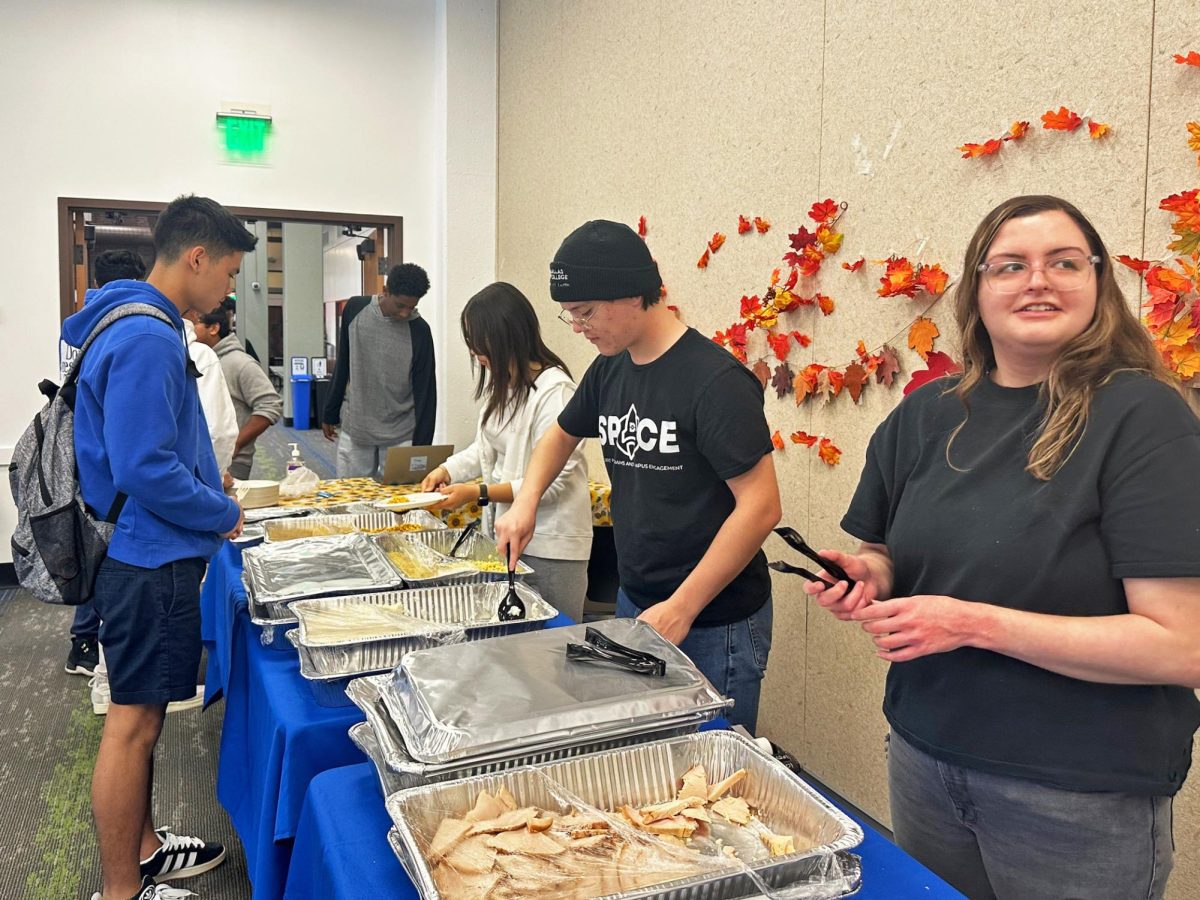This year’s Black History Month theme is of Black Resistance.
North Lake Campus students, professors and staff celebrated by remembering Americans of color who contributed to American history and its modern society. Rev. Martin Luther King Jr. is one of the most recognized people in American history because of his resistance efforts.
Professor Darryl Howard hosted an event on Jan. 20 about the radical side of King that’s not well known in present days. Howard said the history of King’s resistance measures during his last years before his assassination in April 1968 is often ignored and disregarded. “This is the Dr. King that American history does not talk about,” Howard said.
During his last years of life, King spoke of the Three Evils of Society: racism, poverty and militarism. Howard asked the audience if they were dealing with those three matters in the 21st century, the audience answered yes.
Student Noah Woodson, said he didn’t learn enough about Black history when he was younger because his education in elementary and middle school “kind of dumbed down Black History Month.”
Woodson grew up attending schools with predominantly white people in DeSoto, Texas. “I’ve never really had a bad experience with anybody due to race, like nobody was racist towards me,” Woodson said.
However, Woodson said there are a lot of issues currently affecting Americans of color with the first issue being the police. He said he does not believe that people of color are treated fairly.
Howard said the over policing of people in urban communities is a form of local militarism.
He then gave an example of the five Black officers who were charged for the second degree murder of Tyre Nichols after a traffic stop encounter.
“Another issue is, economically, money wise, we do not get paid the same,” Woodson said regarding the racial wage gap. “And last topic, birth, like childbirth,” Woodson said he heard some nurses believe Black women have a better pain tolerance during childbirth.
According to the Centers for Disease Control and Prevention, Black women are three times more likely to die from a pregnancy related cause than white women. Multiple factors contribute to these disparities, such as variation in quality healthcare, underlying chronic conditions, structural racism and implicit bias.
Professor Nathaniel Means said, “it’s essential to understand the past in order to understand the context in which society functions today.”
King’s influence and resistance measures is what led President Lyndon B. Johnson to sign the Civil Rights Act in 1964, which gave modern Americans of color the opportunity to contribute in American politics. Which later led to election of the first Black president in 2008.
Woodson said President Barack Obama meant a lot to him and the Black community and that although Obama was not perfect, it gave Americans of color a chance to do stuff they could not previously do.
((“I would also argue that there are so many other people who have worn a lot of tension as well,” said history professor Nathanial Means.
“There were ordinary citizens and everyday forms of resistance that did what they could in terms of speaking out against the segregated order,” Means said. The common citizens included; James Farmer, who led the Freedom Riders, Fanny Lou Hammer, who helped register Americans of color to vote, and the many women, who helped during the Montgomery Bus Boycott. )))
Black resistance is not just what happened in the past, Howard said. Black resistance and history occur 365 days a year and is happening now.
Resistance is the refusal to comply with the norm and it occurs in a multitude of areas in media, government, economics and religious life by influencers, celebraties, .


